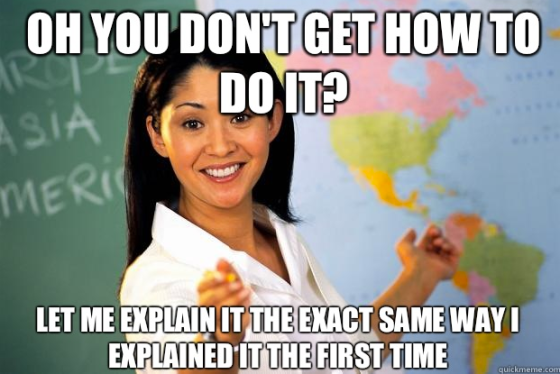Petrol Maths
Stolen from David Farrar."So when petrol prices are around $2.50 a litre, how much money does the Government get from you to fill up a 50 litre car?
- National Land Transport Fund $31.51
- GST $16.31 (on a $2.50 retail price)
- Regional Fuel Tax (in Auckland) $5.00
- ACC Levy $3.00
- Local Authorities Fuel Tax $0.33
- Engine Fuel Monitoring Levy $0.15
But that isn’t all. To pay for the $125 petrol bill, you need to (if top tax rate) earn $186.57 which means there was also income tax of $61.57.
So every-time you spend $125 filling up the car with petrol, the Government will have got $117.86 as you will have had to have earned almost $190 to pay for it!"
Note from Damon: This might not be the content to use in a financial literacy class as it may just make the students angry.





